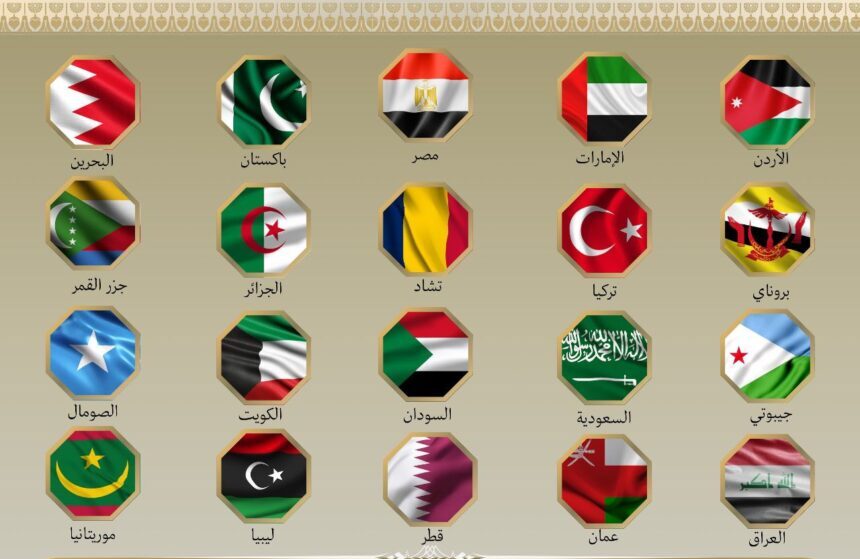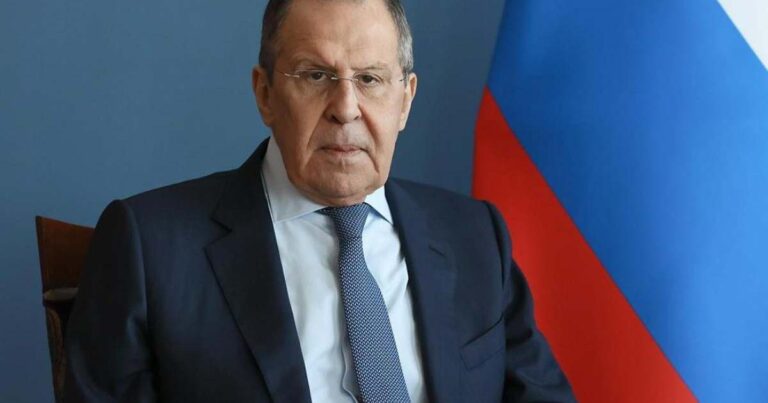Djibouti joins muslim nations in condemning Israeli strikes on Iran, urges diplomatic de-escalation

The Republic of Djibouti, together with more than 20 predominantly Muslim nations, has issued a firm condemnation of Israel’s recent military strikes on Iranian territory, calling for an immediate halt to hostilities and the revival of diplomatic engagement.
In a joint declaration released late Monday evening following emergency regional consultations, Djiboutian Foreign Minister Abdoulkader Houssein Omar joined counterparts from the Arab world, Africa, and Asia in denouncing what they termed “a flagrant violation of international law.”
The condemnation follows Israel’s pre-dawn air assault on June 13 targeting multiple sites within Iran.
“This dangerous escalation seriously threatens the security and stability of the entire region,” the ministers warned.
The statement was endorsed by high-level representatives from Saudi Arabia, Turkey, Algeria, Kuwait, Qatar, the United Arab Emirates, Pakistan, Egypt, the Union of the Comoros, and others.
The signatories emphasised the need for strict adherence to the principle of state sovereignty and reaffirmed their collective commitment to the peaceful resolution of disputes.
“No lasting settlement can be achieved by force,” the declaration stated unequivocally.
As tensions continue to mount in the Gulf and broader Middle East, Djibouti, a key diplomatic player in the Horn of Africa, underscored the necessity of renewed international cooperation, particularly regarding Iran’s nuclear program.
The statement called for a swift return to negotiations and reiterated support for establishing a nuclear-weapon-free zone in the region—“without exception or differential treatment.”
The joint communiqué also raised alarm over the potential targeting of nuclear sites, warning that any such attacks would constitute “a serious violation of international humanitarian law,” especially if they involved facilities under the protection of the International Atomic Energy Agency (IAEA).
With strategic maritime chokepoints like the Strait of Hormuz and the Gulf of Oman at the heart of global oil shipping lanes, the ministers stressed the vital need to preserve freedom of navigation.
As military tensions surge in the area, they cautioned that “only a rapid and coordinated de-escalation will prevent a regional conflagration with incalculable consequences.”
About The Author
dailymailafric
I am an avid African news observer, and an active member of Daily Mail Africa.
I’m Passionate about staying informed on diverse topics across the continent,
I actively contribute to publishing on political, economic and cultural developments in Africa.



